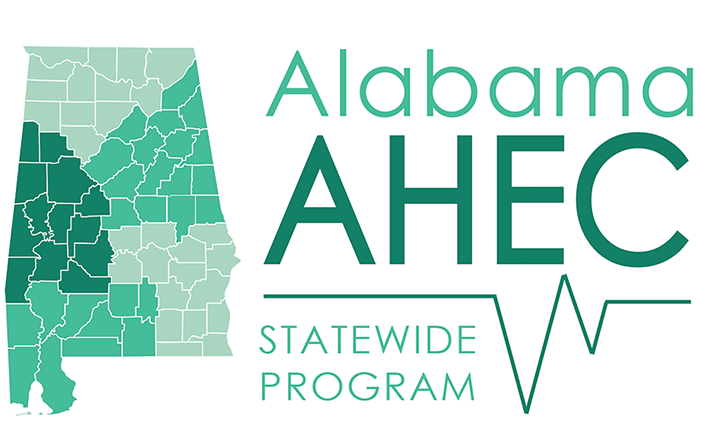In this webinar Dr. Luis Chaves will present results from his research on Malaria, Leishmaniasis and other vector-borne diseases that have illustrated the importance of climate change to understand emerging ecological and epidemiological patterns on the transmission of vector-borne diseases.
Learning objectives:
- Recognize the importance of Global Climatic Phenomena like the El Ni~no Southern Oscillation and the Indian Ocean Dipole and their teleconnections for the transmission of vector-borne diseases.
- Recognize that impacts of climate change on vector-borne disease transmission are mediated by impacts of changing environments on the abundance of insect vectors, but also on the relationship between insects and pathogens.
- Understand that impacts of climate change on vector-borne diseases are conditioned by the dominant social conditions of locations where transmission occurs.
This webinar is presented by the Alabama Regional Center for Infection Prevention and Control and cosponsored by the Deep South Center for Occupational Health and Safety, the Alabama Statewide Area Health Education Centers (AHEC), and the Region IV Public Health Training Center.
The Deep South Center for OH&S is an approved provider of continuing education units for nurses by the AL Board of Nursing (Provider ABNP0420 Expiration Date 7/10/2025) and has awarded this program 1.2 ABN CEUs. All other professionals awarded .1 CEUs.










